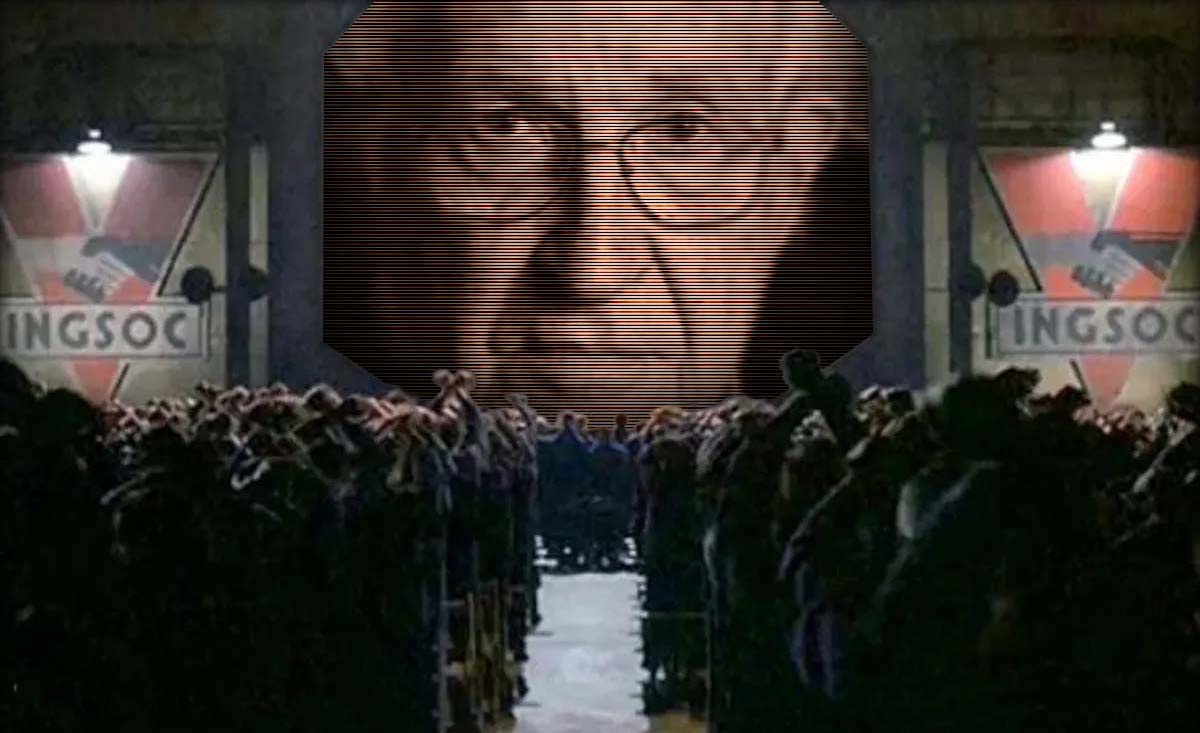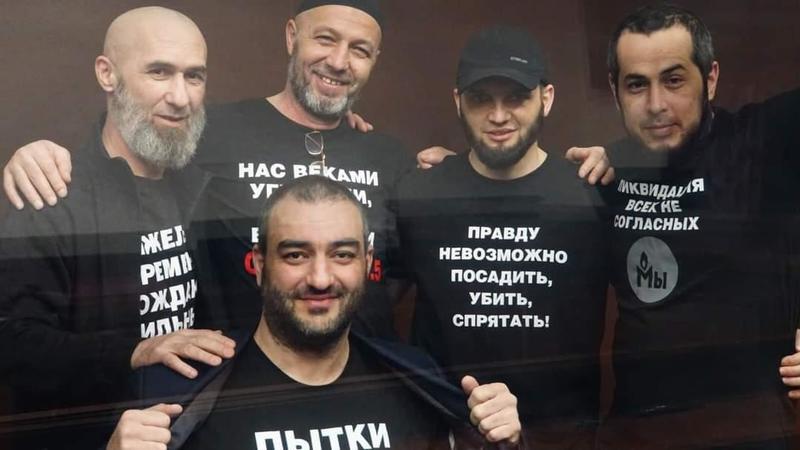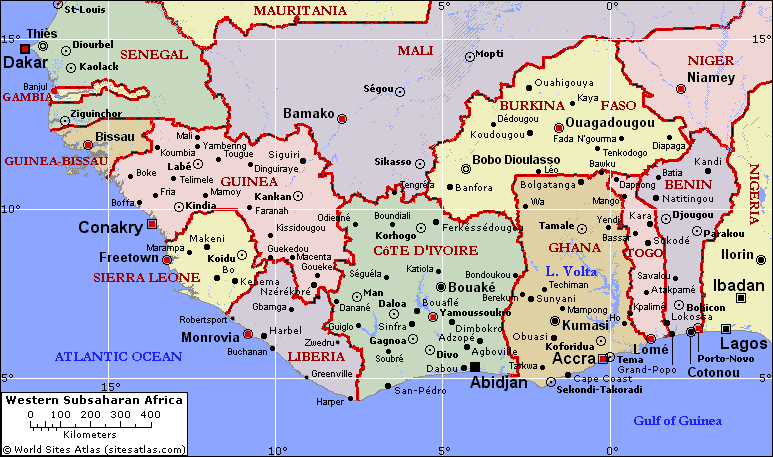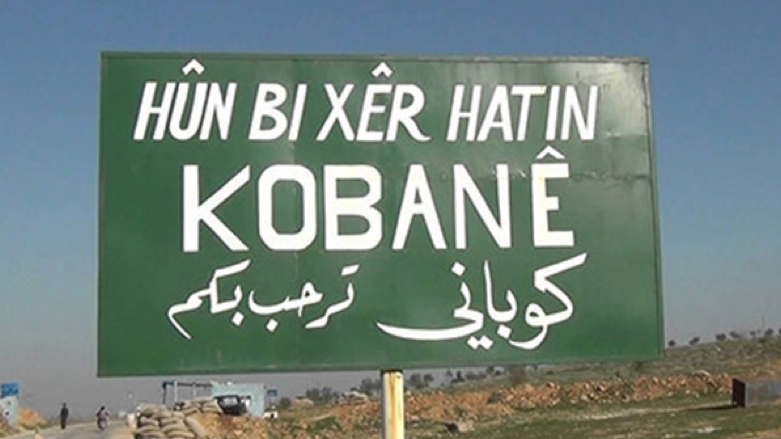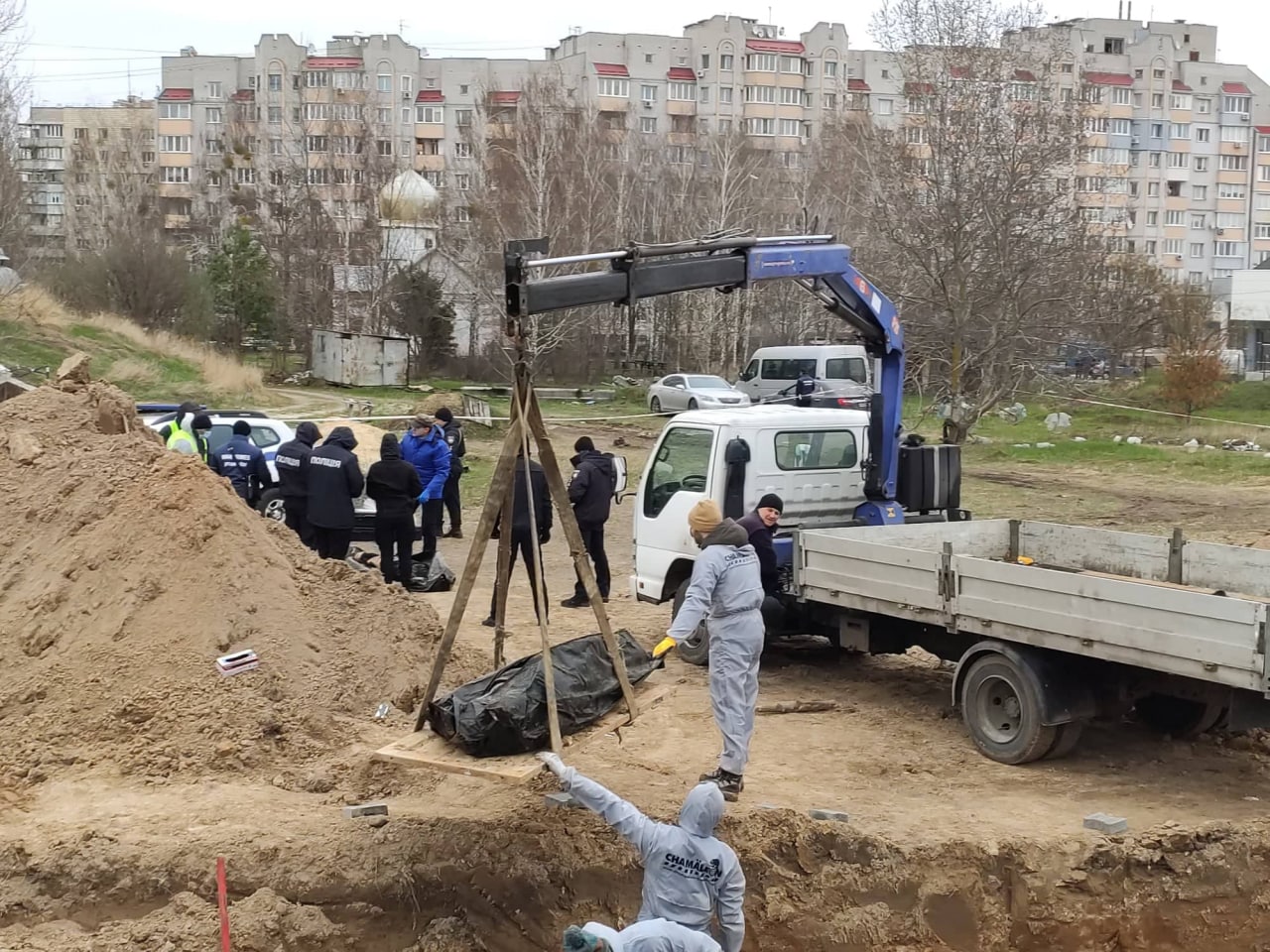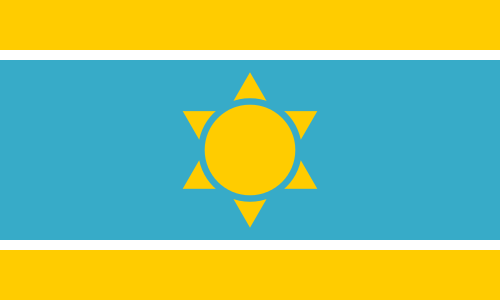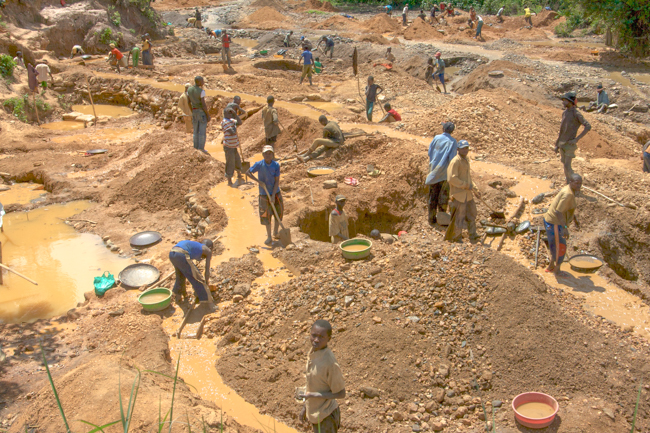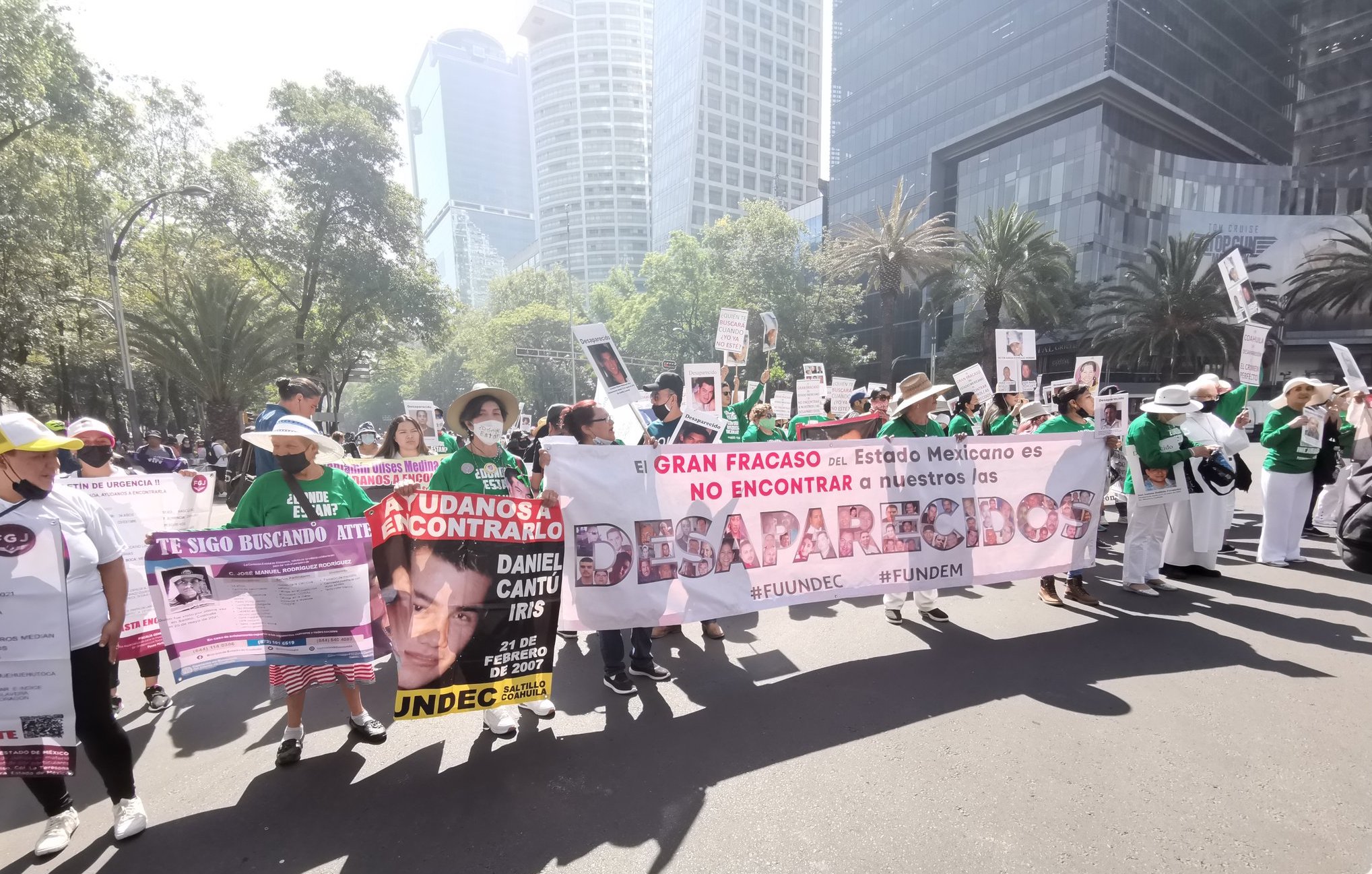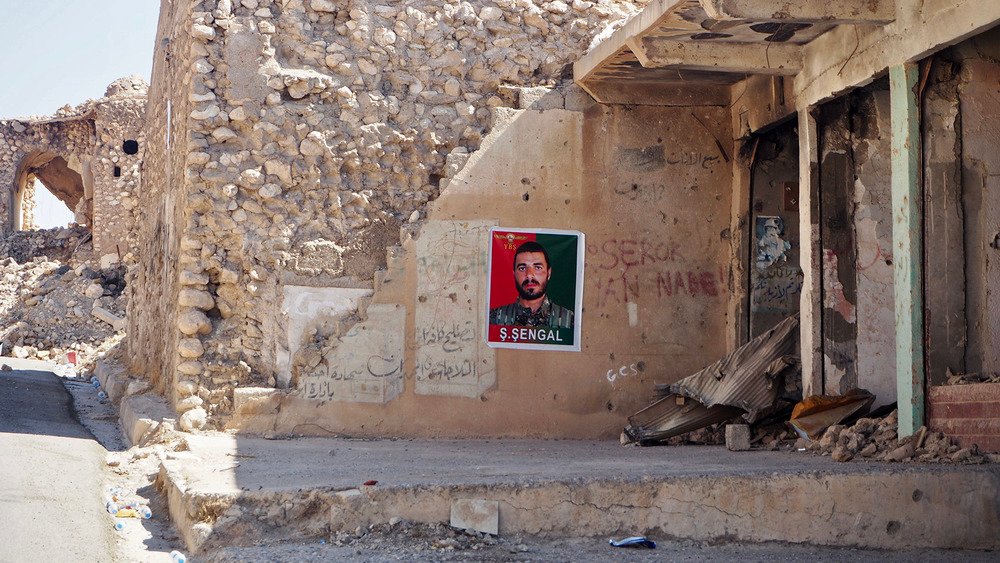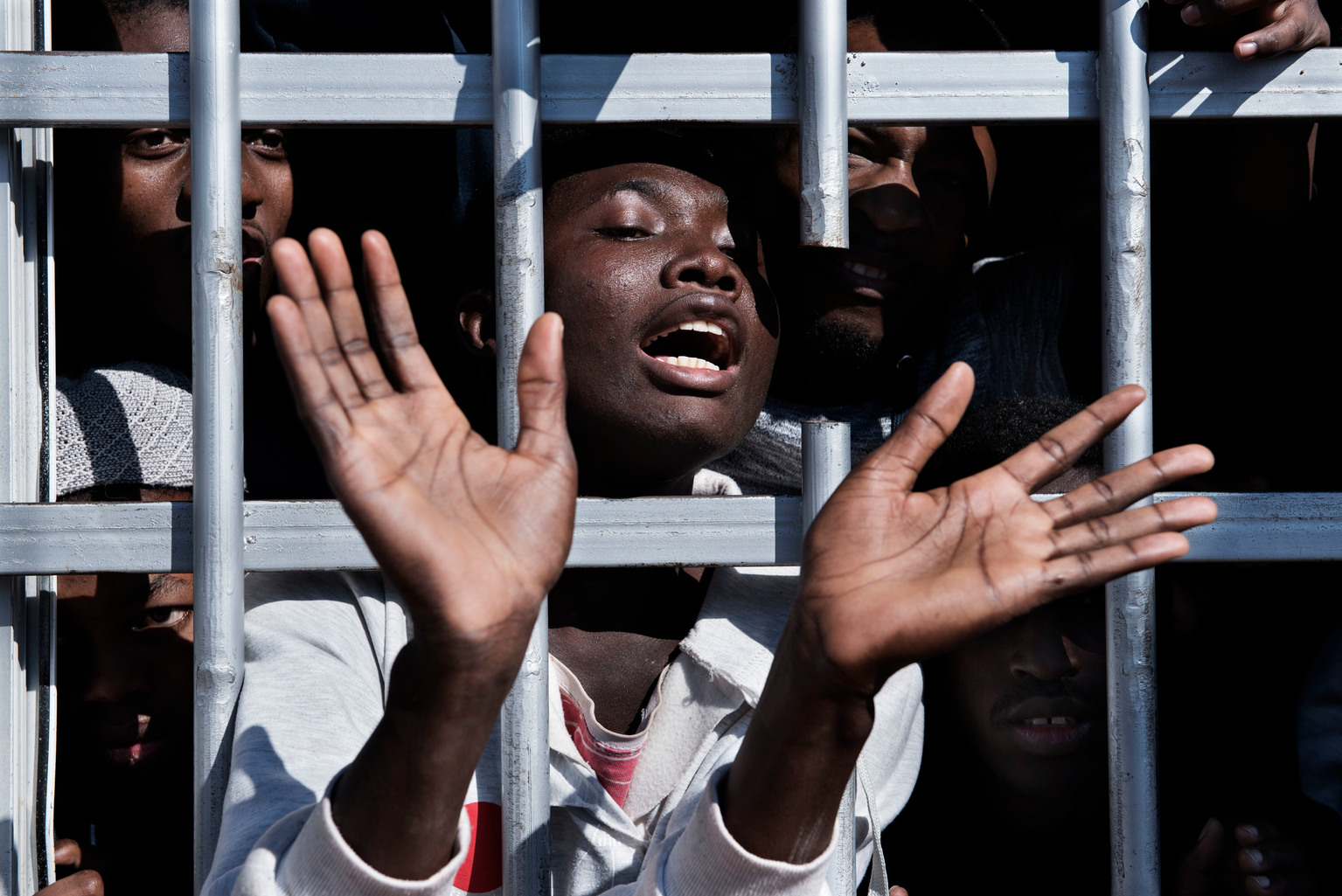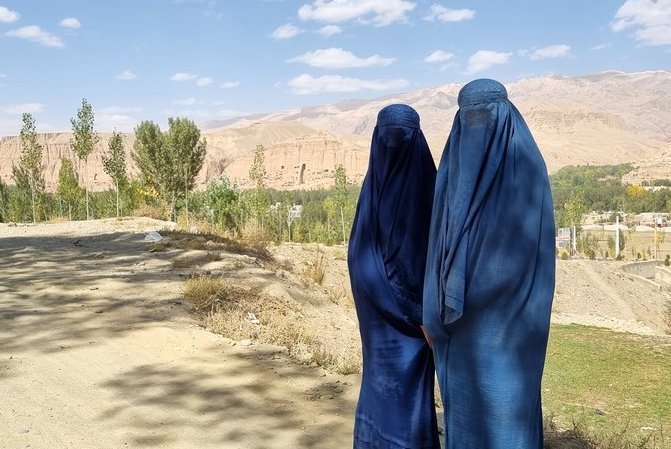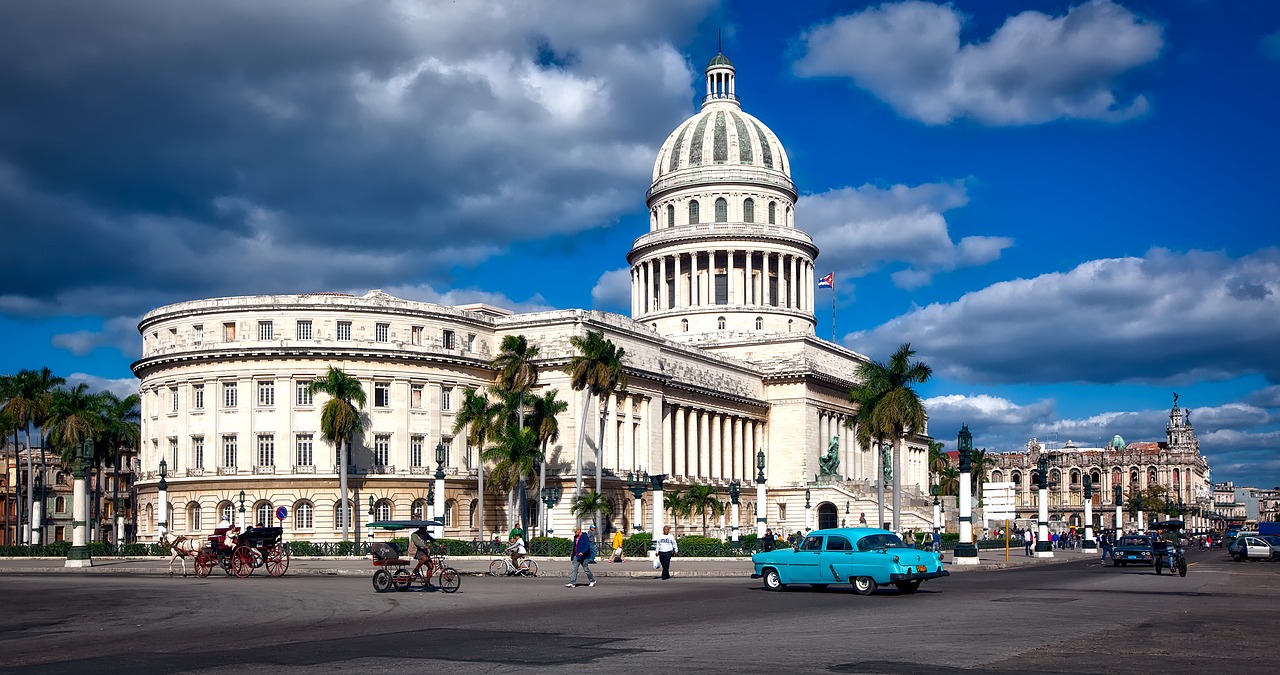
Cuba approves harsh new penal code
The National Assembly of People’s Power, Cuba’s parliament, approved a new penal code as part of judicial reforms initiated after the enactment of a new constitution in April 2019. The new code reinforces sanctions for corruption, but also tightly controls unauthorized contacts with foreign organizations and individuals, and explicitly bans foreign financing of civic activities. Under the new code, those who give information to international organizations or individuals who have not been authorized by the government, face severe penalties. These include up to 30 years imprisonment and, in some cases, the death penalty. Human rights groups criticized the new legislation, warning it could have “catastrophic effects.” Ana Cristina Núñez, senior researcher for the Committee to Protect Journalists, said, “In a country where private media is illegal and journalists have no possibility of obtaining local funding, prohibiting foreign funding is a death sentence to independent journalism.” (Photo: Pixabay via Jurist)



